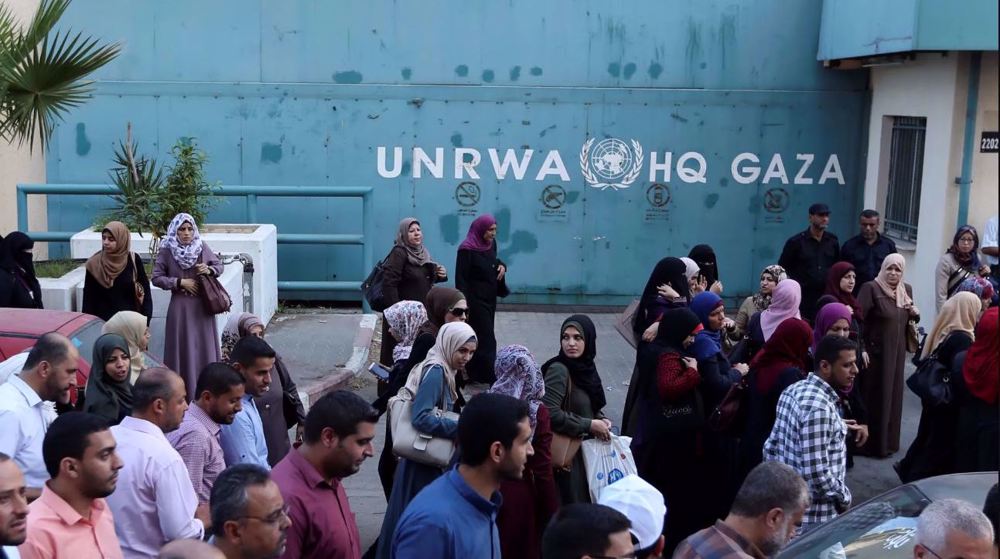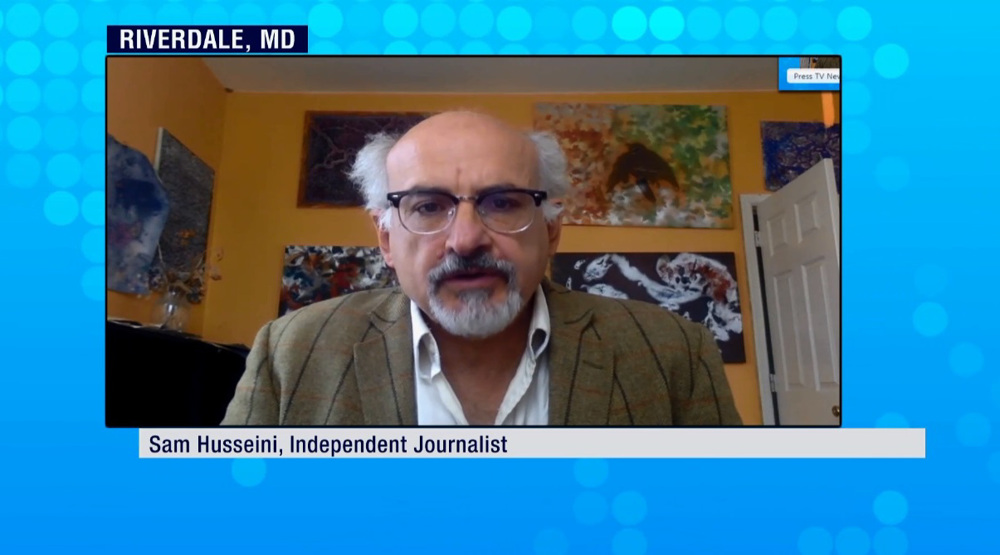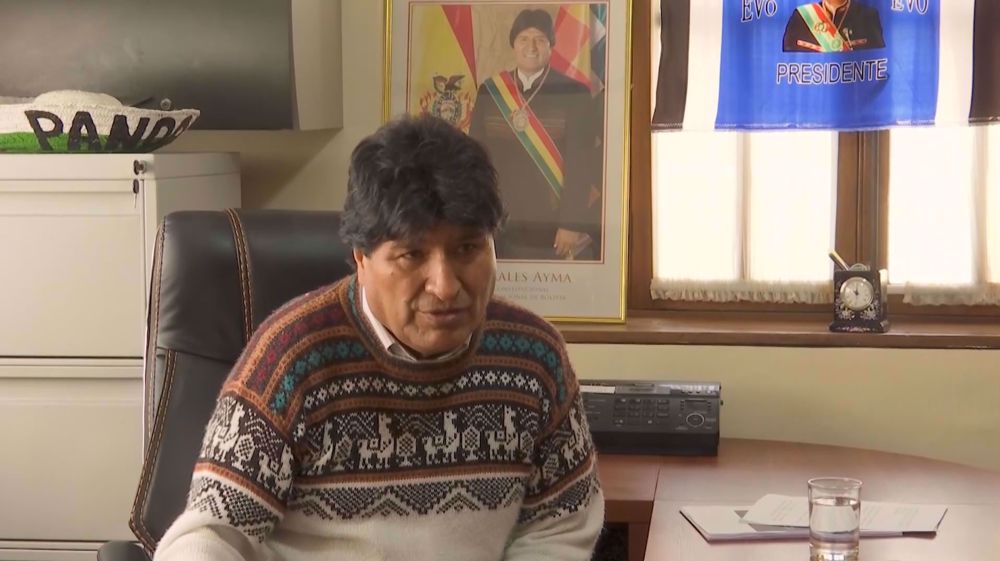US using terrorism to destabilize states: Political expert
Press TV has conducted an interview with Jim W. Dean, managing editor of the Veterans Today from Atlanta, to get for his take on the relations of the United States and its regional allies with the terrorist groups in the Middle East.
The following is a rough transcription of the interview.
Press TV: What do you make of what on one hand the UN envoy has said talking about the unity of Iraqis and how it’s needed and on the other hand, Iran’s Foreign Minister has told the UN representative that basically the UN needs to basically condemn these countries that are supporting the terrorists to begin with?
Dean: Well, this is very nice to see this being done, but it’s long overdue. There’s two parts to this, you’ve got the states sponsor of terrorism which … the whole world now has realized is the biggest threat to everybody’s national security, because you have a variety everything from some of the small [Persian] Gulf states to your major European powers engaging and using terrorism for regime destabilization anywhere they please.
And the only reason and justification they give for is for pursuing our interest. They never say national defense centers, because these countries that they want to have regime changes were not a threat. So, that only leaves financial interest, so it means the countries’ taxpayers here are being looted to do this for the benefit of defense contractors and people that want to make money of war and instability.
But there’s another part to this when we’re in Syria. We had been working with them when we’ve been over to discuss. We’re building the country all the victims of terrorism, while the countries may have diplomatic immunity. All the contractors that they have used as cutouts in intermediaries and all of this are not covered under immunity. And they all can be sued for all the damages and the recovery. So, there’s going to be a big reparation issue there. And the United Nations has done nothing up to this point. So, it’s finally nice. This may come in a good time.
Press TV: You talk about a big reparation issue, but can we really expect something like that, because as we have seen in the past unfortunately countries for example Iran after eight years of war and then asking for reparations, it never happened. So, doesn’t it depend on how in tune they are with those countries that are basically controlling the United Nations?
Dean: It does. The United Nations is going to really give money for folks. And I think you’re right that the diplomatic immunity for countries is pretty stranded than everybody wants that. What they have already gone after is these countries are using a lot of intermediaries since 2001. The Bush regime subcontracted a lot of terrorism type work. They’re using military doctrines but they’re not using the armed forces. And these companies are all suable, because they don’t any diplomatic immunity whatsoever. It’s just a question of finding a legal form of that would pursue the case.
Over 14,000 kids killed in Israel’s war on Gaza: UNICEF
VIDEO | Iran’s National Army Day marked at the Iranian embassy in Moscow
VIDEO | Iranian culture fosters further development, understanding in SA
VIDEO | People in Amman hold protest in support of Palestinians
French police arrest man after threatening to detonate himself at Iran consulate
Yemenis, Jordanians reiterate support for Palestinians in Gaza
Iranians rally nationwide in support of Operation True Promise
Raeisi: Operation True Promise ‘a necessary response’ to Israel









 This makes it easy to access the Press TV website
This makes it easy to access the Press TV website